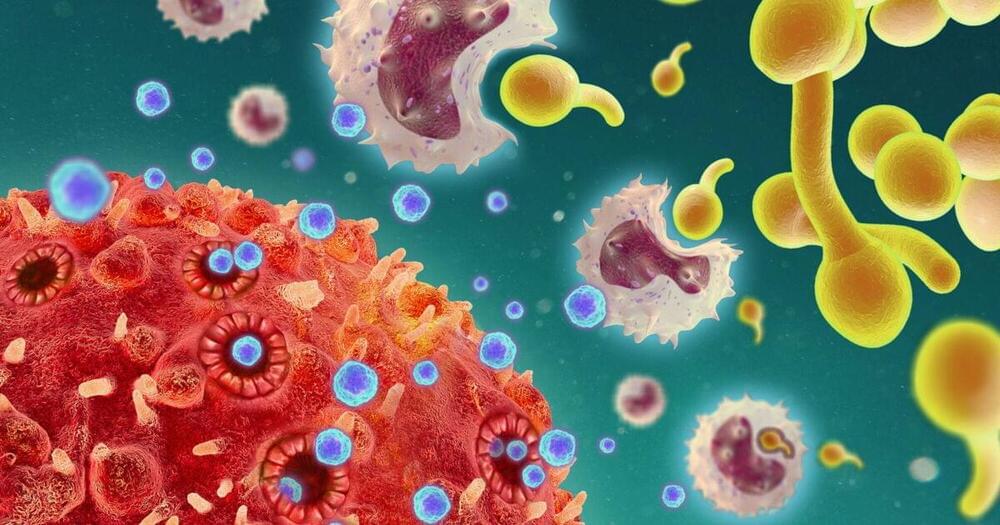Certain T cells can secrete cytokines that are normally part of the innate immune system, as researchers from the Leibniz Institute for Natural Product Research and Infection Biology (Leibniz-HKI) and an international research team discovered. They have thus revealed several previously unknown properties of these immune cells that are relevant regarding both autoimmune diseases as well as fighting fungal infections. The study was published in Nature Immunology.
T cells belong to the adaptive immune system, which recognizes foreign antigens and specifically fights pathogens. Different T cells perform different functions in this process. So-called T helper cells secrete cytokines that attract other immune cells to the site of infection and trigger inflammation there. However, T helper cells can also counteract inflammation. Better understanding these mechanisms helps in the development of therapeutics against pathogens or autoimmune diseases.
“We found a cytokine in a subset of T helper cells, the Th17 cells, that was previously known to be part of the innate immune system,” explains study leader Christina Zielinski. She heads the Department of Infection Immunology at Leibniz-HKI and is a professor at Friedrich Schiller University in Jena. The cytokine, called IL-1α, is strongly pro-inflammatory. “It is a signal molecule for danger. Even the smallest amounts are enough to trigger fever,” Zielinski said. It is thought to be involved in autoimmune diseases such as rheumatoid arthritis in children.
